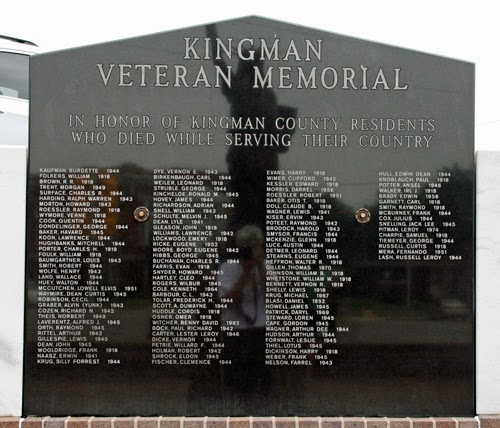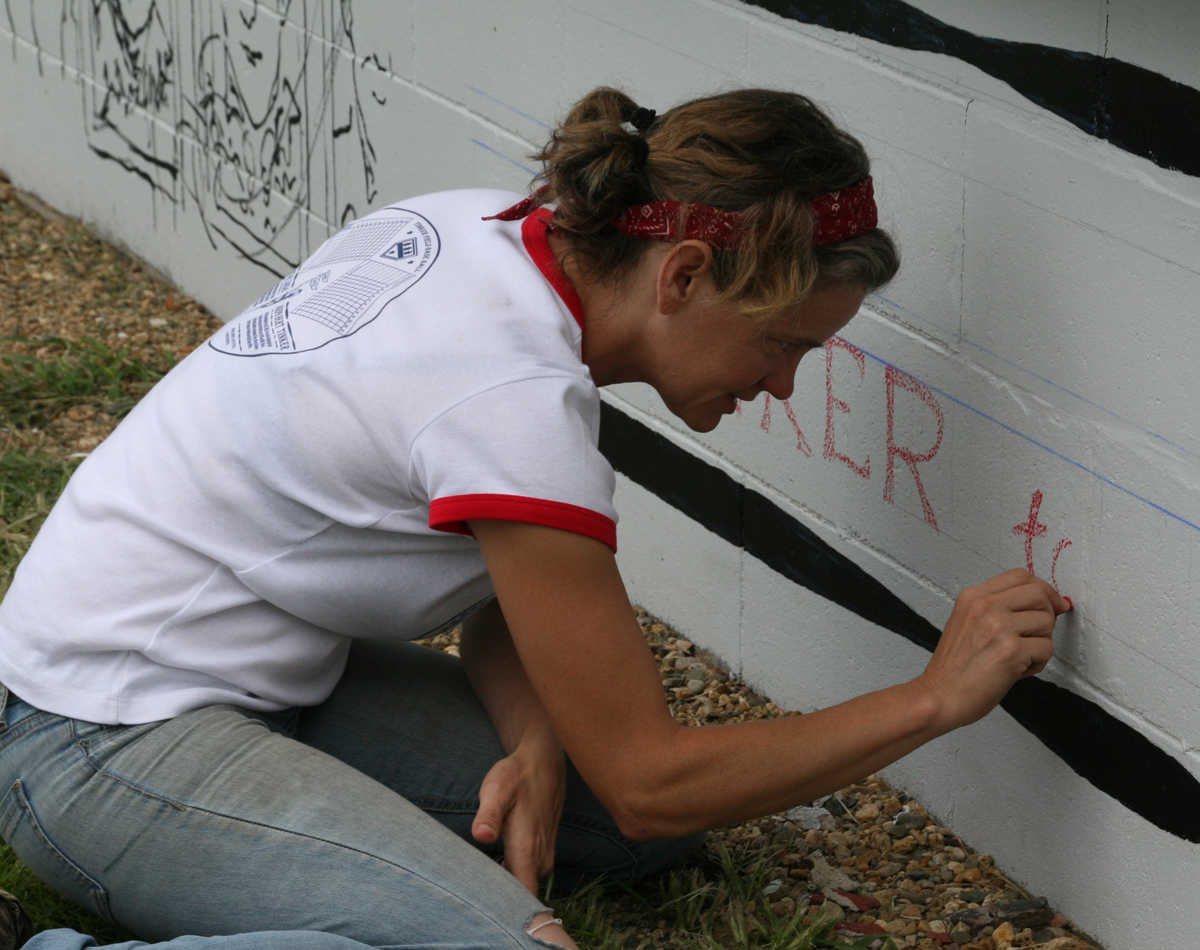 It seems so cut and dry. A grocery store opening.
It seems so cut and dry. A grocery store opening. In a small town, a grocery store opening is everything, it's about sustainability. It's about a future.
A grocery store makes a town functional.
Morland is a town of about 150 people.
For a wholesale truck to stop, a store has to buy $10,000 worth of inventory a week.
This fact, plus utility costs, has made it almost impossible for small towns to have a store. Morland found a way.
Due to a very
determined Morland Community Foundation board and a supportive
citizenry, a store that provides groceries in Morland is once again open after a
eight year hiatus. The Foundation purchased the building and refurbished it.
The corner brick building comes complete with awning, benches, good sidewalks, and a new furnace.
Buffed wooden floors and a restored tin-pressed metal ceiling promote the original look. The counter is from the old store. The new shelves weren't quite filled at the time of this picture but before the ribbon-cutting a truck came in and volunteers came to unload the truck and stock the shelves.
A sunny sky and warm temperatures made for a perfect ribbon cutting day on November 16. It seemed there were more than 100 people present to help celebrate, the majority of which were Morland citizens. People came from throughout the county but also from Oakley, Scott City, Manhattan, and Topeka. This was definitely something to cheer about. Rhonda Goddard did a great job as em cee.
In the background, as she prefers to be, is Faye Minium. Faye, Citizens State Bank president, is the indefatigable force behind this effort.
It was pretty cool that local business owners got to say a few words. Mike Frakes of PAC Leader Technology talked about the software his company sells that provides guidance and steering for ag equpiment, field computers, and more.
Mac Carpeli talked about the Morland MakerSpace Institute. It's a rural community lab and incubator.
Dave Procter, director of the Rural Grocery Store Initiative, and his wife Sandy, came from Manhattan to help celebrate and to shop!
WenDee LaPlant, Kansas Sampler Foundation, Inman bought enough groceries to earn a spin on the wheel! Diana Crouch, the wheel was lots of fun!
Tessa and Sharon are glad to fill two of three new jobs the grocery store added to Morland.

And, a volunteer job, too. Don is the bag boy and carried groceries out with a smile.
Mark Joslyn (on right), owner of Joslyn's Food Center in Hoxie, is ordering for Morland, thus making it possible to get around the volume minimum, which means making it possible for Morland to have a working store. Store manager Ron Radcliffe (left) is up for the challenge to get this store off to a great start.
If as much effort is made to keep the store open as was to get it ready to open, Morland will have a successful store for years to come.
If you're driving down U.S. 24, make it a point to stop and shop. It'll help you "Get Kansas!"
Hours are: Monday-Friday 7 a.m.-6:30 p.m.; Saturday 7 a.m.-2 p.m.
From a spot on the road, Kansas Explorer #2, Marci Penner






























































